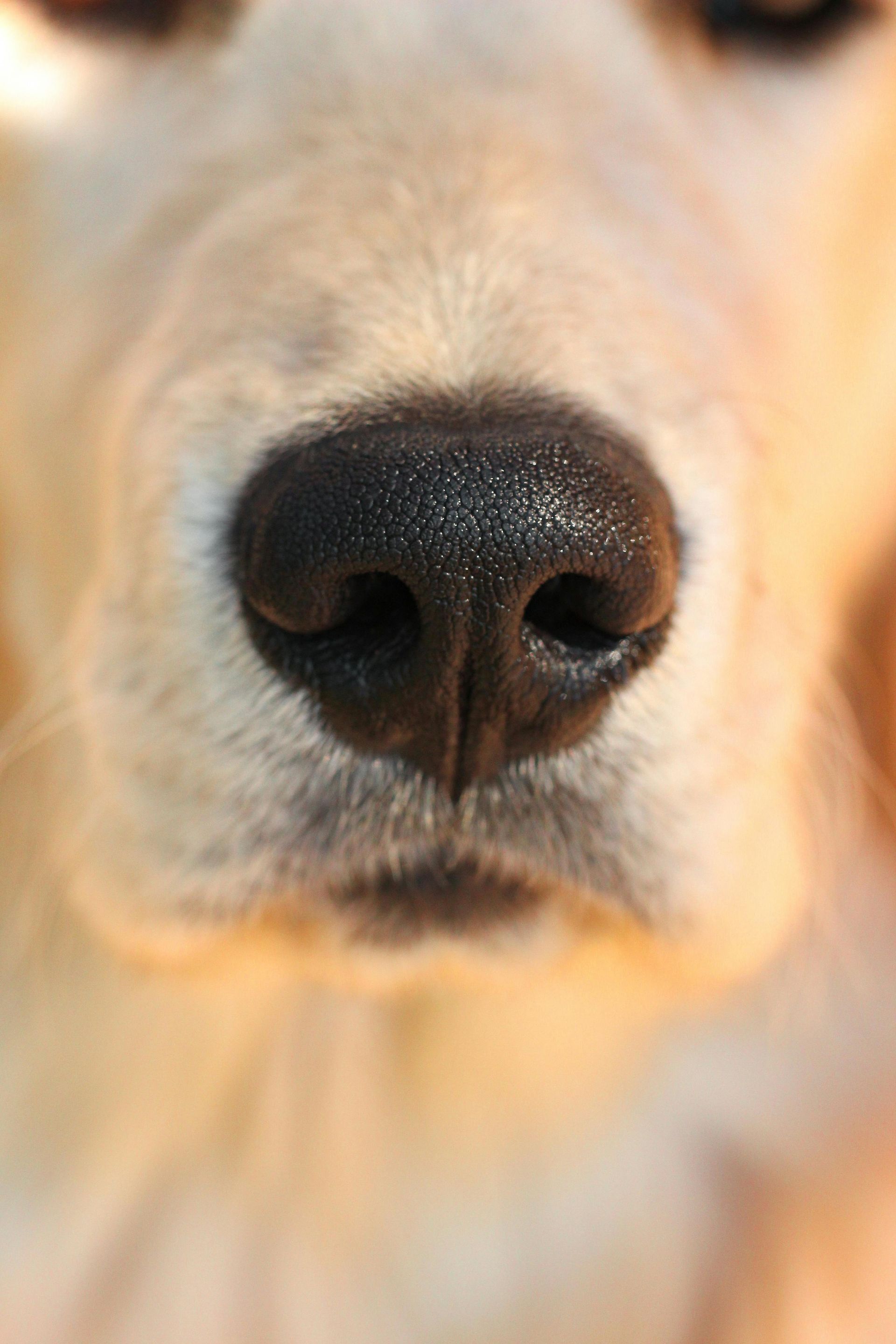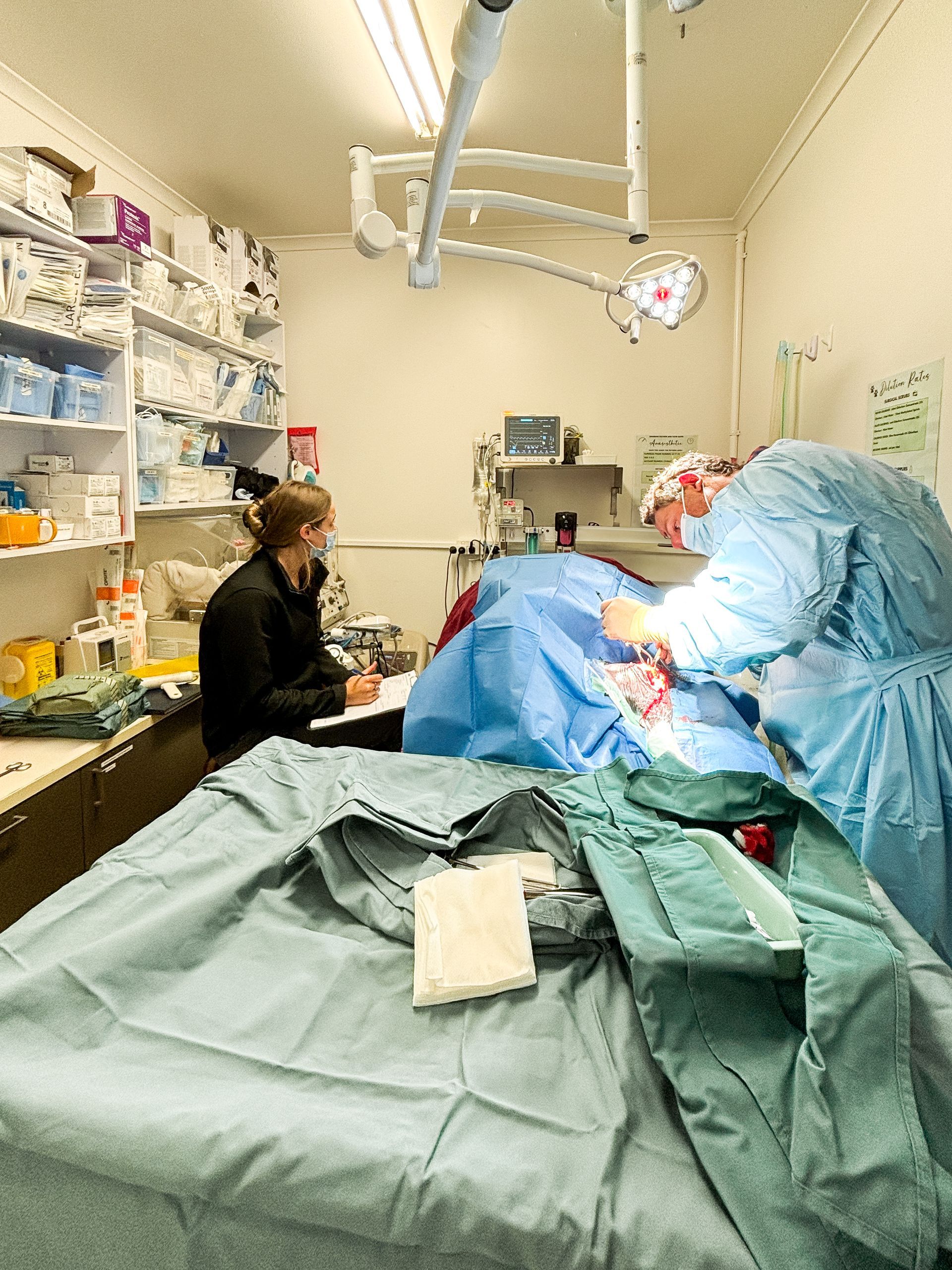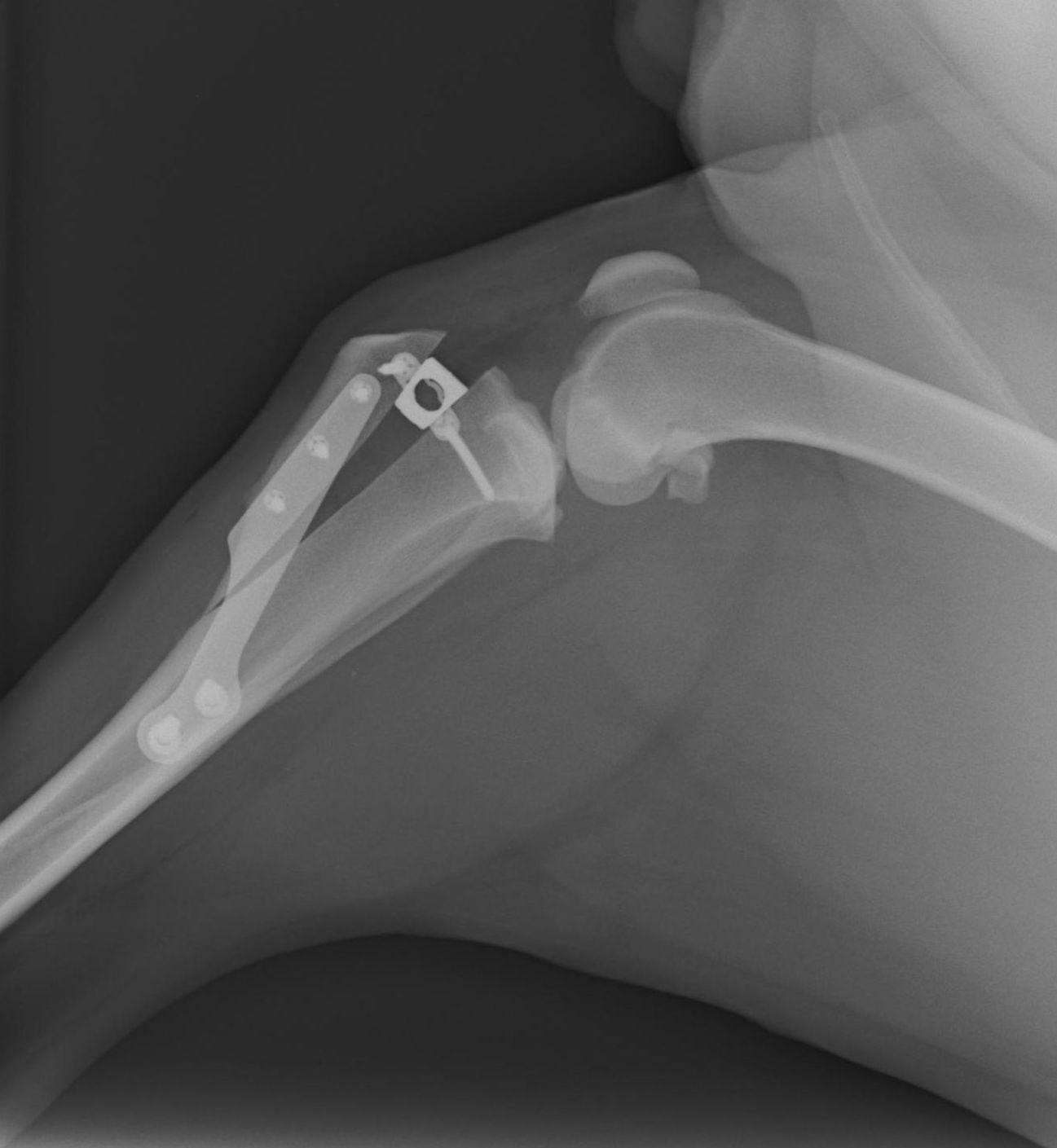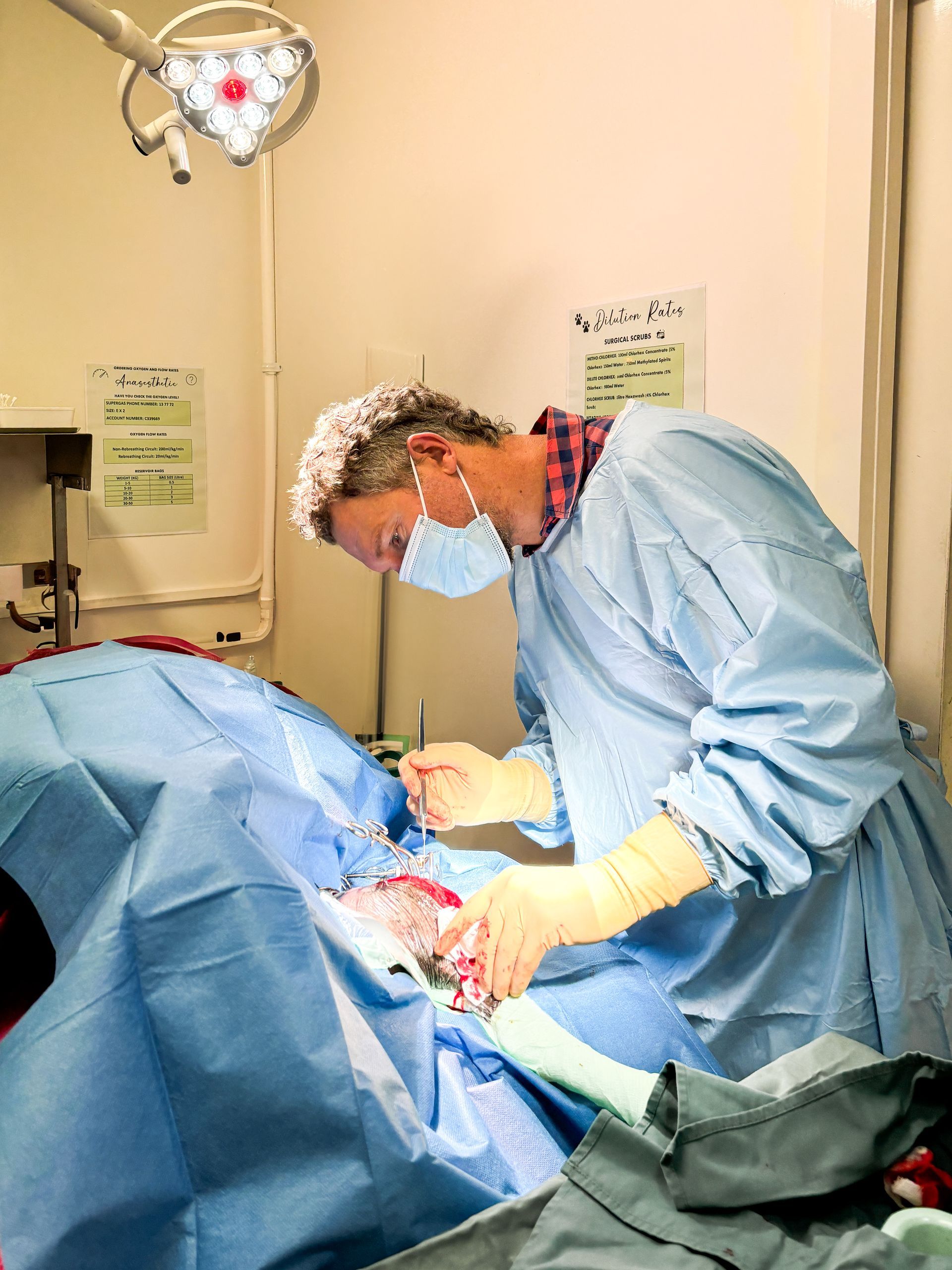Here at Ivanhoe East Veterinary Hospital we are more than just a general vet!
With 25+ years in the veterinary industry, Dr Rob can perform a range of complex procedures, reducing the need for specialist referrals.
Talk to Dr Rob to discuss your individual pet's condition today.
Chemotherapy and Cancer Treatment
Not all cancers can be treated surgically. Dr Rob has decades of experience successfully treating cancer with chemotherapy, extending the quality of life of his patients.
Chemotherapy is better tolerated in animals compared with their human counterparts. Nevertheless it is a big decision to treat your pets cancer with chemotherapy, Dr. Rob will go through all the information to make sure you are comfortable with the process.
The Ivanhoe East vets provide cost effective chemotherapy treatments aimed at extending owners time with their pets for months to years with an excellent quality of life.
If your pet has recently been diagnosed with a cancer please reach for a complimentary second opinion with Dr. Rob.
Advanced Soft Tissue Surgery
Dr Rob has performed thousands of surgeries and has extensive experience in more complicated surgeries. From skin grafts and axial pattern flaps, to surgery of the eye, intestines, glands such as anal and salivary glands, trauma surgery, bladder surgery & more.
Dr Rob also takes an interest in complex cancer surgery, having skills in reconstructive surgery.
These procedures are considerably more affordable than specialist referral.
For any surgeries outside of Dr. Rob's expertise we can organise for a specialist mobile surgeon to come to the clinic.
Cruciate Surgery
Unfortunately many dog breeds are prone to cruciate ligament degeneration and rupture within the knee. This leads to instability and rapid onset of arthritis.
Specialists and academics agree that surgery is recommended in all cases of knee ligament rupture to achieve the best long term outcome. If left untreated, arthritis is inevitable and the knee will become crippled with age.
Dr Rob has performed thousands of affordable cruciate repair surgeries- with most experience in the basic DeAngelis repair for dogs under 10kg, and the more complex Tibial Tuberosity Advancement for dogs over 10kg.
If your pet has been diagnosed with a cruciate rupture please reach out for a complimentary second opinion with Dr. Rob.
Patella Surgery
Many dogs are born with an abnormality in their knee which causes the knee cap to luxate or slip out of position. In many cases this causes pain and instability and early onset of arthritis in which surgery is the only viable option.
Dr Rob has performed thousands of patella repairs whereby the knee cap is re-aligned so that it doesn't luxate out any more providing immediate relief.
If your pet has been diagnosed with a patella luxation please reach out for a complimentary second opinion with Dr. Rob.




